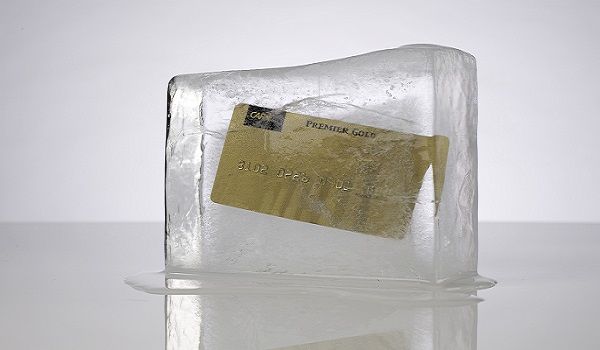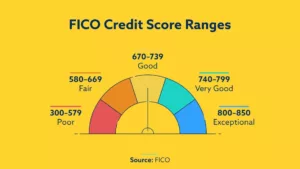
Credit cards are generally safer to use for most purchases as they are protected by zero-liability policies and more convenient than carrying cash around.
But before you swipe your credit card for your next purchase think about leaving that credit card in your wallet and utilize some cash:
1. Close to Credit Limit. Do you really need that purchase bad enough to go within inches of your credit limit or even worse, over your credit limit? The closer you go to your credit card limit the lower your credit score goes.
Using more than 10% of your available credit limit will hurt your credit score. If you must make the purchase use cash, request a credit limit increase or use another credit card with a lower balance if possible.
2. Large purchases. You've been eyeing that HDTV for months. You finally decide to make the purchase and put it all on your credit card. Don’t do it! Wait until you have at least half the purchase in cash so you can pay on the credit card immediately. If you finance a big purchase on your credit card, that purchase becomes even bigger unless you are in the habit of paying your credit card bill in full every month.
Saving at least half the money to put towards the credit card bill alleviates that purchase from ballooning into a huge debt over time with interest rate fees added. Plan ahead for big purchases by stashing some cash away and use that cash towards paying off the debt quicker.
3. Casinos and Gambling. Gambling, whether it’s a slot machine or a high stakes card game, can be dangerous to your credit card. Think twice before financing any kind of gambling on your credit card. Borrowing money to gamble is not a sound financial practice. Taking a cash advance to gamble comes with more risk than just losing your money, the casino may charge fees in addition to the credit card cash advance fees.
4. Credit Card Balance Transfers. The offers may be enticing to transfer one balance to a lower interest rate credit card but consider a few things before you make the move. Let’s say your new credit card limit is $5,000 and the balance you transfer is near that $5,000 limit. Now you have created a situation where your balance is more than 30% of your available credit. Your credit score will decrease.
Another reason to step back and think about a balance transfer offer is fees. Some balance transfer offers come with upfront transfer fees. It does not make much financial sense to pay a fee just to transfer debt.
That money could very well go to decrease the debt on the existing credit card account. Also, watch out for the promotional rate on the new card because it could be temporary. Once the promotional rate ends you may end up paying a higher interest rate than your existing credit card.
5. Foreign Online Purchase. The good thing about the world- wide- web is that it is worldwide, the bad thing about the world- wide- web is that it is worldwide. You do not always know who you are dealing with or the reputation of an international on-line business. With policies such as zero-liability, you may feel protected when making an online purchase. But be careful.
You are protected under the Fair Credit Billing Act but there can be serious damage done to your credit card between the time you make the purchase and the time you get your billing statement. Some fraud and errors may not be detected until you get your monthly statement.
6. Building your credit history. When building or rebuilding your credit history you have to use your credit. But do not go overboard with your purchases or you risk ruining your credit score instead of raising it. If you do not have a plan for paying off the credit card or keeping your account balances low, do not use the credit card.










